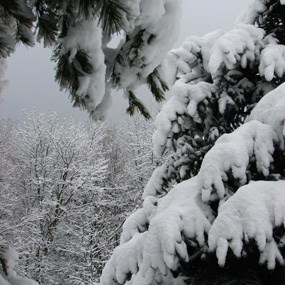
HypothermiaHypothermia is a medical emergency that occurs when your body loses heat faster than it can produce it, causing a dangerously low body temperature. Hypothermia can happen even in the summer, so always be prepared!
HikingYou never know what the weather might do, so anytime of year make sure you are prepared for anything.
SwimmingHypothermia most often occurs when in water. Water temperature will always be colder than the outside air.
RaftingNo matter how warm it is outside you will be wet most the day, so wear appropriate clothing. Water temperature will always be colder than the outside air.
Symptoms of Hypothermia
Treatment
Heat related illnesses:When spending the day in the sun it is important to protect yourself from sunburn, dehydration, heat exhaustion, and heat stroke. SunburnPrevention:
DehydrationDehydration occurs when the amount of water leaving the body is greater than the amount coming in. Symptoms:
Prevention and treatment:
Heat exhaustionHeat exhaustion occurs due to water and electrolyte loss due to sweating. Symptoms:
Prevention:
Treatment:
Heat StrokeHeat stroke is a true medical emergency that can be fatal if not properly and promptly treated. It occurs when undertaking heavy exertion in hot climates. Symptoms:
Prevention:
Treatment:
|
Last updated: December 5, 2017
